
views
New Delhi: While the 3,000-year-old tradition of caste divide continues to be a blot in the face of a resurgent India, the good news is that most Indians today realise that the caste system is actually holding India back by posing a big barrier to social harmony.
According to a survey conducted by the BBC World Service on the 'attitudes' of Indians pertaining to their national identity and the Indian marketplace, 55 per cent of those interviewed say caste issues were the main factor hindering the progress of the nation.
Almost two-thirds of respondents feel caste discrimination is still a ''barrier to social harmony'' in India. The findings of the survey go against the widely-held belief that the effects of caste bias will be miniscule on India's future.
"This poll shows that caste is not a fading social problem, but that caste abuse continues to restrain India," PTI quoted Joseph D'Souza, President of the Dalit Freedom Network, as saying.
"Caste segregates India in every social arena: from marriage to hiring practices to politics. Caste will continue to divide India until transformation begins among the lowest castes to negate the ill-effects of caste-discrimination," D'Souza points out.
According to BBC World Service, a nationally representative sample of 1,616 Indians were interviewed in the survey which was conducted by international polling firm GlobeScan and its research partner in India.
In spite of all the ills plaguing the society, as many as 71 per cent of those survey said they are proud to be Indians. Among them, 73 per cent were Christians, followed by 71 per cent Hindus and 60 per cent of Muslims. Most of the respondents also felt that it was important that India should be a political (60 per cent) and military (60 per cent) superpower.
A majority of the respondents were optimistic about many aspects of the modern Indian state, while more than half (55 per cent) think that Indian justice system treats the rich and poor people fairly. However, only 52 per cent respondents felt that being a woman is no barrier to success any more.
The survey also found that twice as many people (48 per cent) would rather work for a private company than for the government (22 per cent). Forty-seven per cent agreed that "corruption is a fact of life which we should accept as the price of doing business in today's world," although younger people were less tolerant of corruption than older people.
And though Indians agreed on the need for India to be an economic superpower, they were less sure they were seeing the fruits of recent economic growth. Asked whether India's economic growth over the past 10 years had benefited them and their families directly, exactly 45 per cent said that it had while as many disagreed.
One in two respondents felt that the "people in India don't take their religion seriously enough," while two in five (40 per cent) believe that "young people have lost touch with their heritage and traditions."












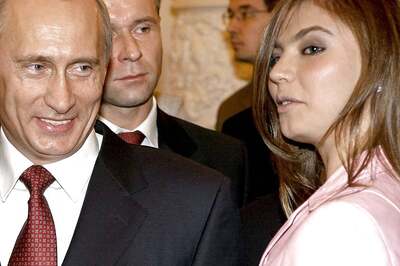
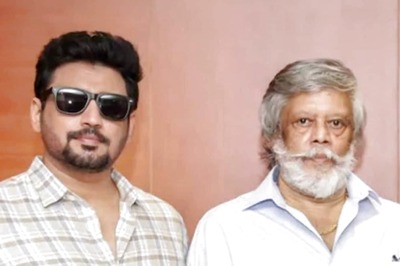
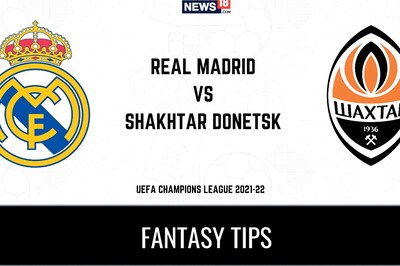

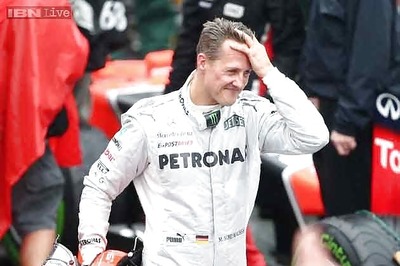
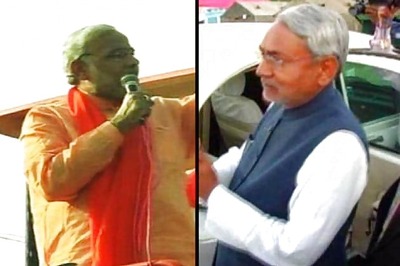


Comments
0 comment